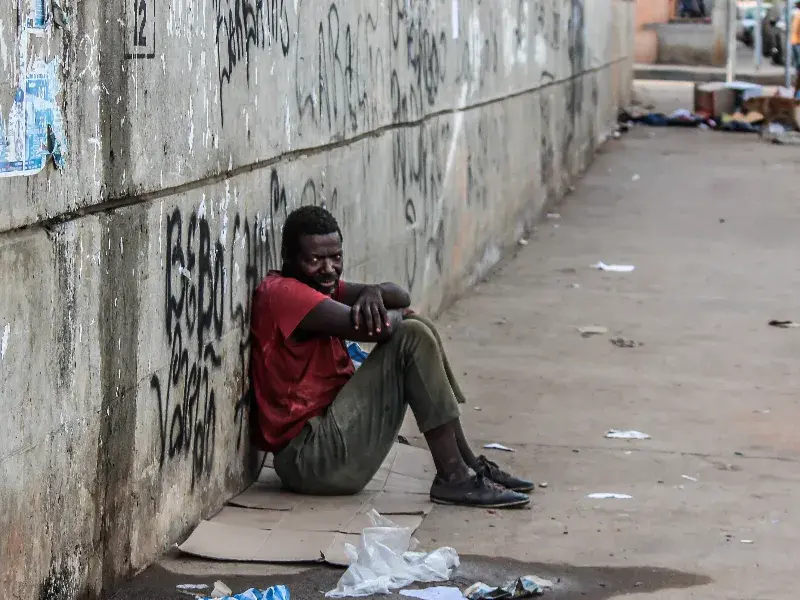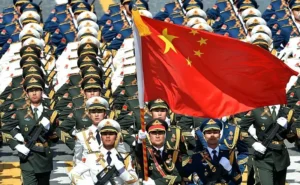The northern part of the country is in chaos after seven-year actions of a jihadist group, in a war that receives little attention from the rest of the world.

The head of the United Nations refugee agency issued a new alert on Thursday regarding 780,000 displaced people in Mozambique, the vast majority of them due to a seven-year insurgency by a jihadist group that has plunged the northern part of the country into chaos.
Filippo Grandi, the United Nations High Commissioner for Refugees, was visiting the Cabo Delgado province in northern Mozambique, where an ISIS-affiliated group has been carrying out attacks on communities since 2017. Approximately 1.3 million people were forced to flee their homes to escape murders and beheadings.
Around 600,000 have returned to their homes, many to devastated communities where houses, markets, churches, schools, and health facilities have been destroyed.
Grandi’s visit comes amid a resurgence of new attacks by the ISIS Mozambique group in Cabo Delgado since January, following a period of relative calm in 2023. They have caused 80,000 new displacements, considering the total number of people forced to leave their homes and villages, and currently, over three-quarters of a million displaced people remain in Mozambique, according to the UN.
Other aid agencies have estimated that the number of people forced to flee their villages due to violence in the north since January is higher and approaches 100,000.
Around 700,000 people are displaced in Mozambique due to violence in Cabo Delgado. The remaining 80,000 are in the central province of Sofala, which was severely hit by Cyclone Idai in 2019, the UN said.
Grandi called for “sustained engagement from the international community” to help Mozambique, as the UN’s humanitarian plan in the southern African country faces a funding shortfall.
The UN needs $400 million to assist people in Mozambique just this year and has received promises for only 5% of that required amount, said Robert Piper, Special Advisor on Internal Displacement to UN Secretary-General António Guterres.
“We are not starting from scratch… but clearly more resources are needed,” said Piper, who accompanied Grandi on the visit to Cabo Delgado.







